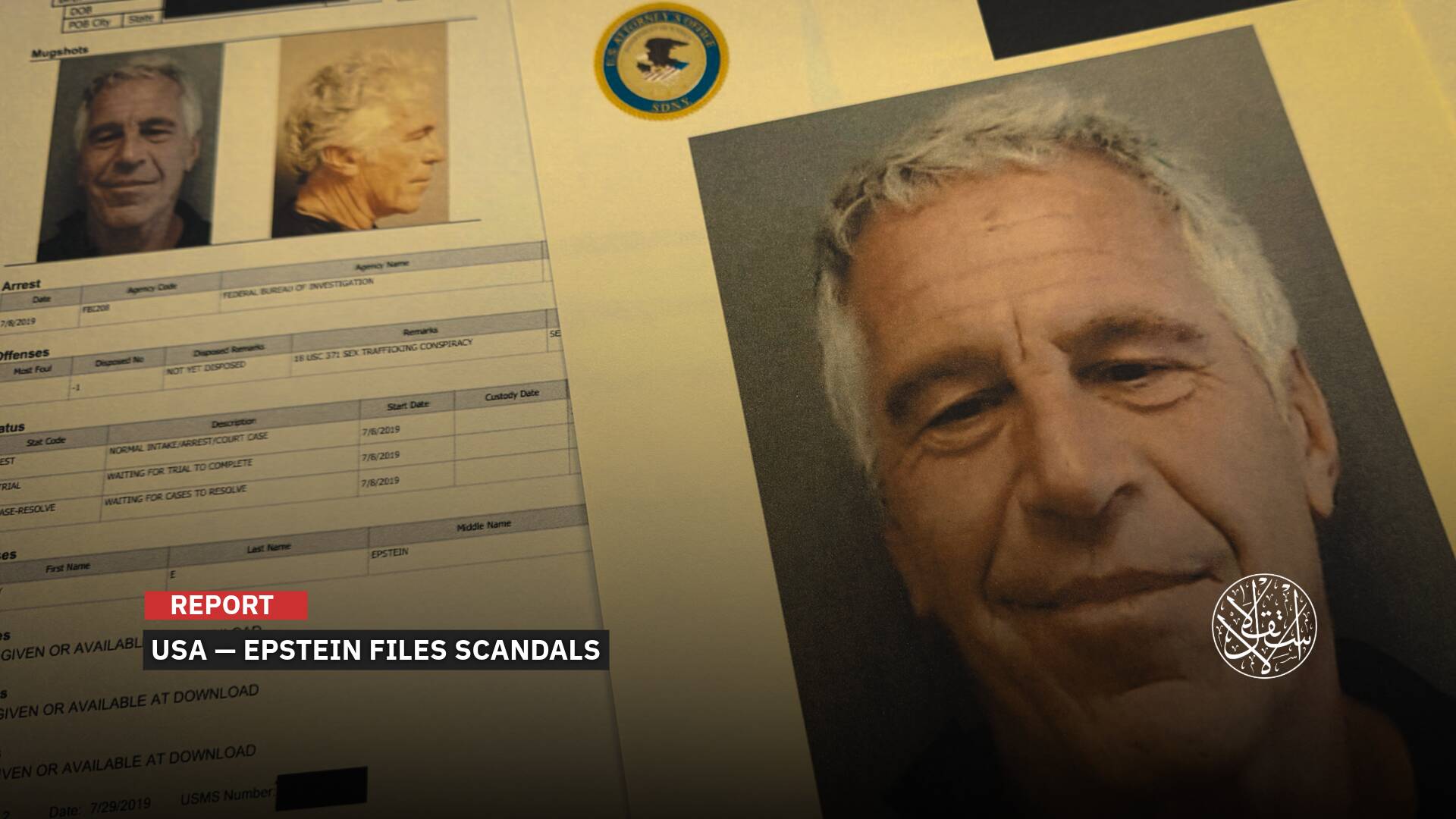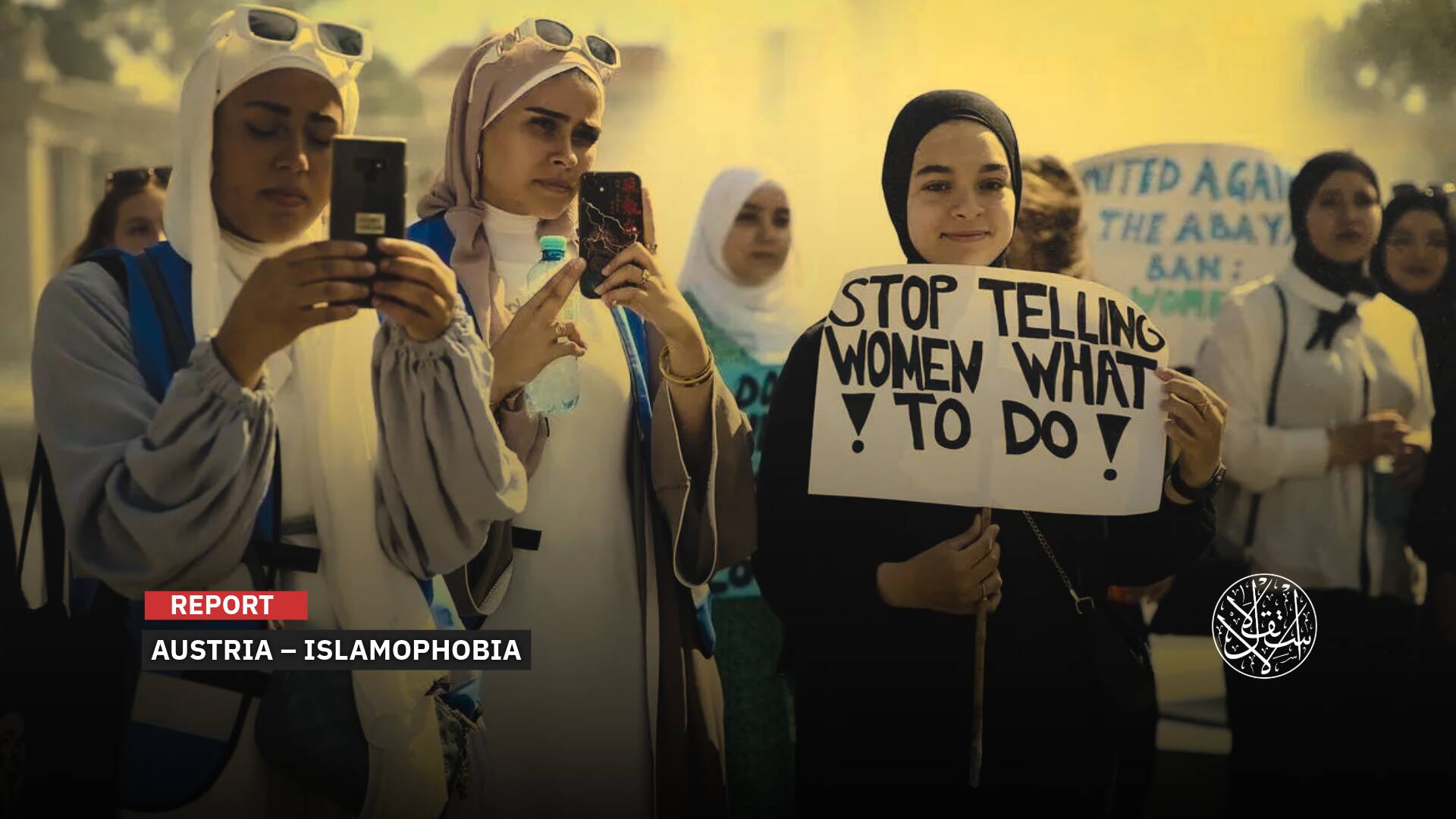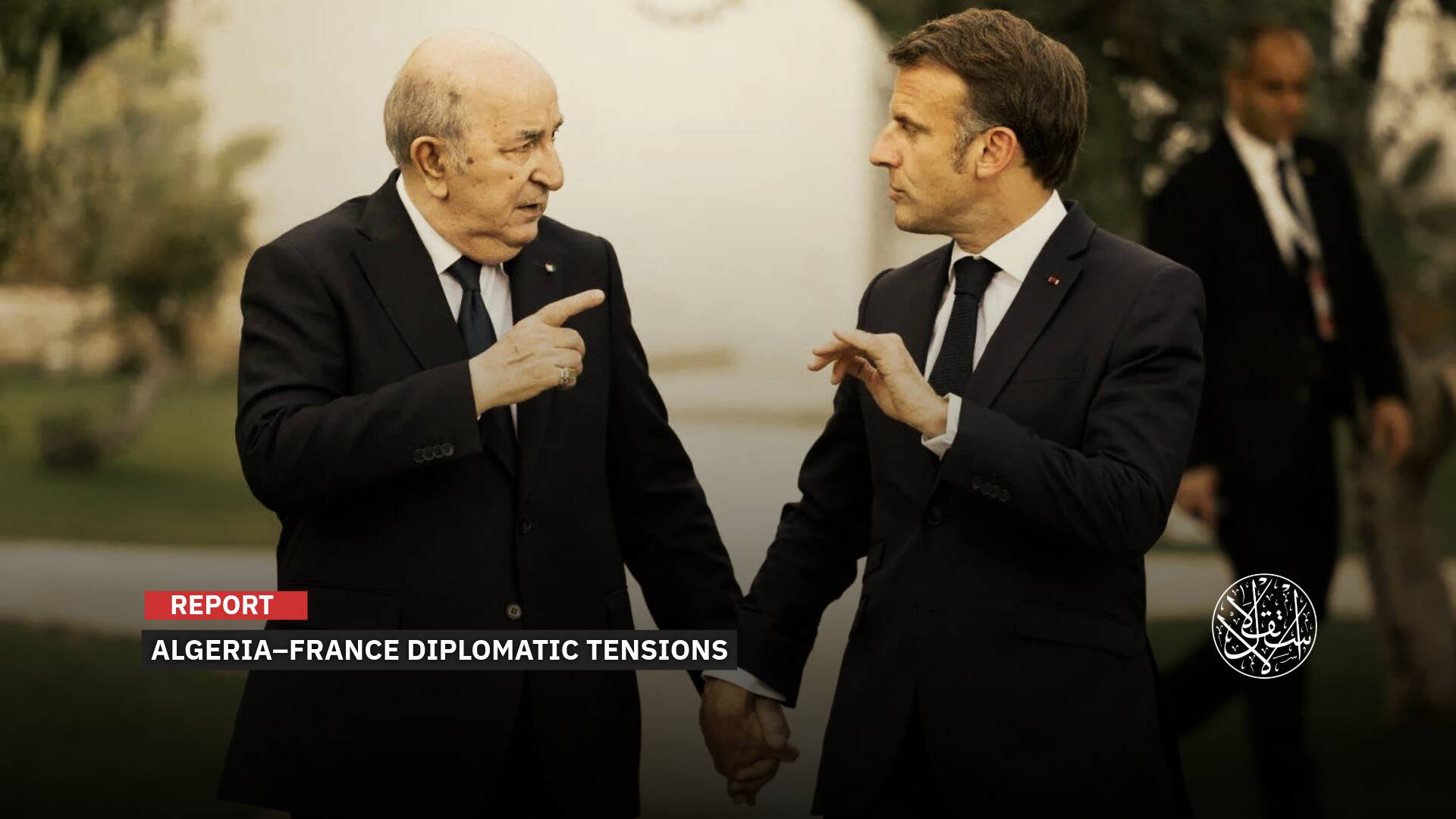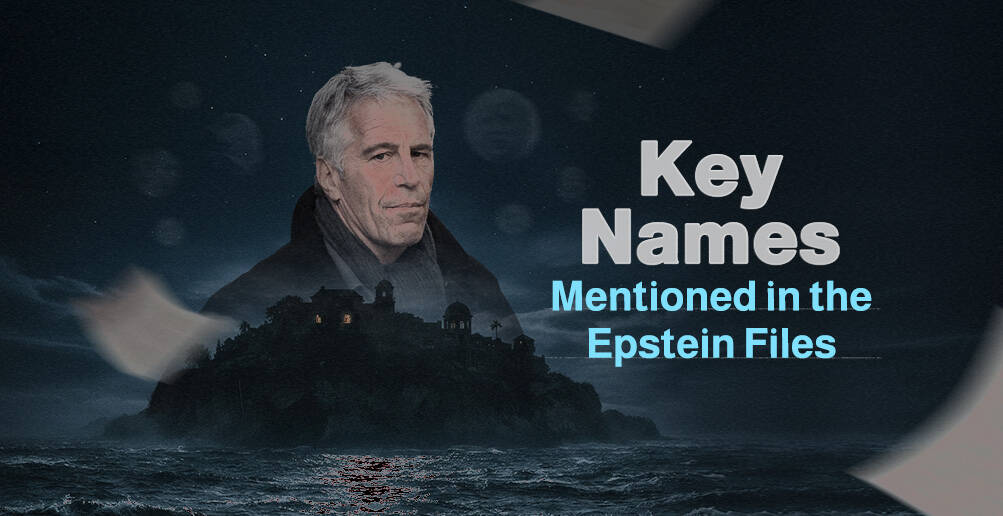First Muslim Home Secretary: How Shabana Mahmood’s Appointment Sparked Widespread Controversy
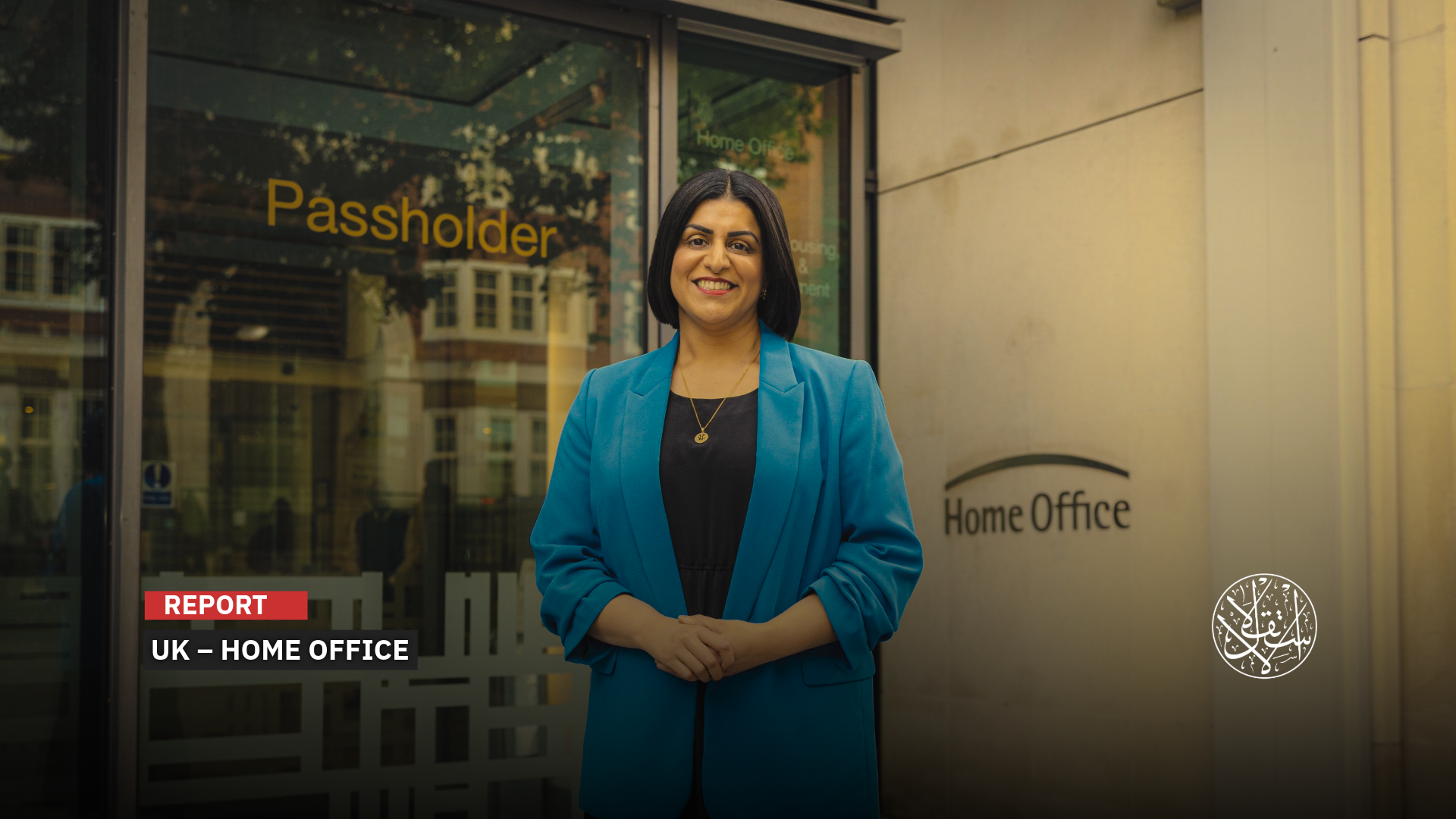
“Shabana stepped away during Jeremy Corbyn’s leadership but returned under Keir Starmer.”
The recent appointment of Shabana Mahmood as Home Secretary in the Labour Party government marked a watershed moment in UK political history, as she became the first Muslim female to hold such a high-profile ministerial position.
She took on the Home Secretary role at a time of significant political and social turmoil in the country, overseeing the police, the MI5 intelligence agency, and the government's domestic policies.
Observers consider Shabana to embody the UK’s diversity spirit, yet she faces one of the most complex security and political challenges.
Between her pro-Palestine background and the demands of maintaining internal security, Shabana's ability to strike a delicate balance will be tested, a balance that could determine not only her ministerial career, but also the UK’s image both domestically and internationally.
A Muslim Secretary
Shabana Mahmood recently became the first Muslim female of Pakistani origin to hold the position of Home Secretary in the UK, succeeding Yvette Cooper, a first in the history of successive UK governments.
She will be responsible for internal affairs in the UK, overseeing sensitive issues such as immigration, national security, and policing in England and Wales, a move reflecting the Labour Party's focus on strengthening its control over immigration and public order.
In a recent interview with The Spectator magazine, Shabana explained that her firm stance on immigration aligns with the socially conservative ‘Blue Labour’ faction within the Labour Party, which is now dominated by Starmer's team.
Last month, she announced that foreign criminals would be deported after being convicted, to reduce prison overcrowding and protect society.
In one of her statements, she said: “If you misuse your privilege of being in Britain and break the law, we will send you back to where you came from.”
Regarding Asian grooming gangs, she stated that the reckoning has not yet come, questioning why so many have ignored these crimes for so long.
Shabana has her own approach to achieving the goals of the ruling Labour Party, combining a focus on conservative social values with progressive economic policies.
She describes her political approach as based on common sense, emphasizing that much of her beliefs stem from her Islamic religious background.
Shabana described the position on X as the honor of my life, emphasizing that the safety of citizens is the government’s primary responsibility.
She also condemned extremist groups, describing them as being at odds with Islam.
She considers religion an essential part of her life, but she does not impose it on others, stressing that justice is the highest value guiding her political work.
She believes that Islamic values such as integrity, respect, and kindness are compatible with British values, and she rejects discrimination based on religion or ethnicity.
Regarding the issue of the hijab, she affirmed that it is a personal choice, noting that she had worn it at different times in her life.
According to observers, her appointment reflects a new trend in Starmer’s government toward promoting diversity and empowering minorities in leadership positions.
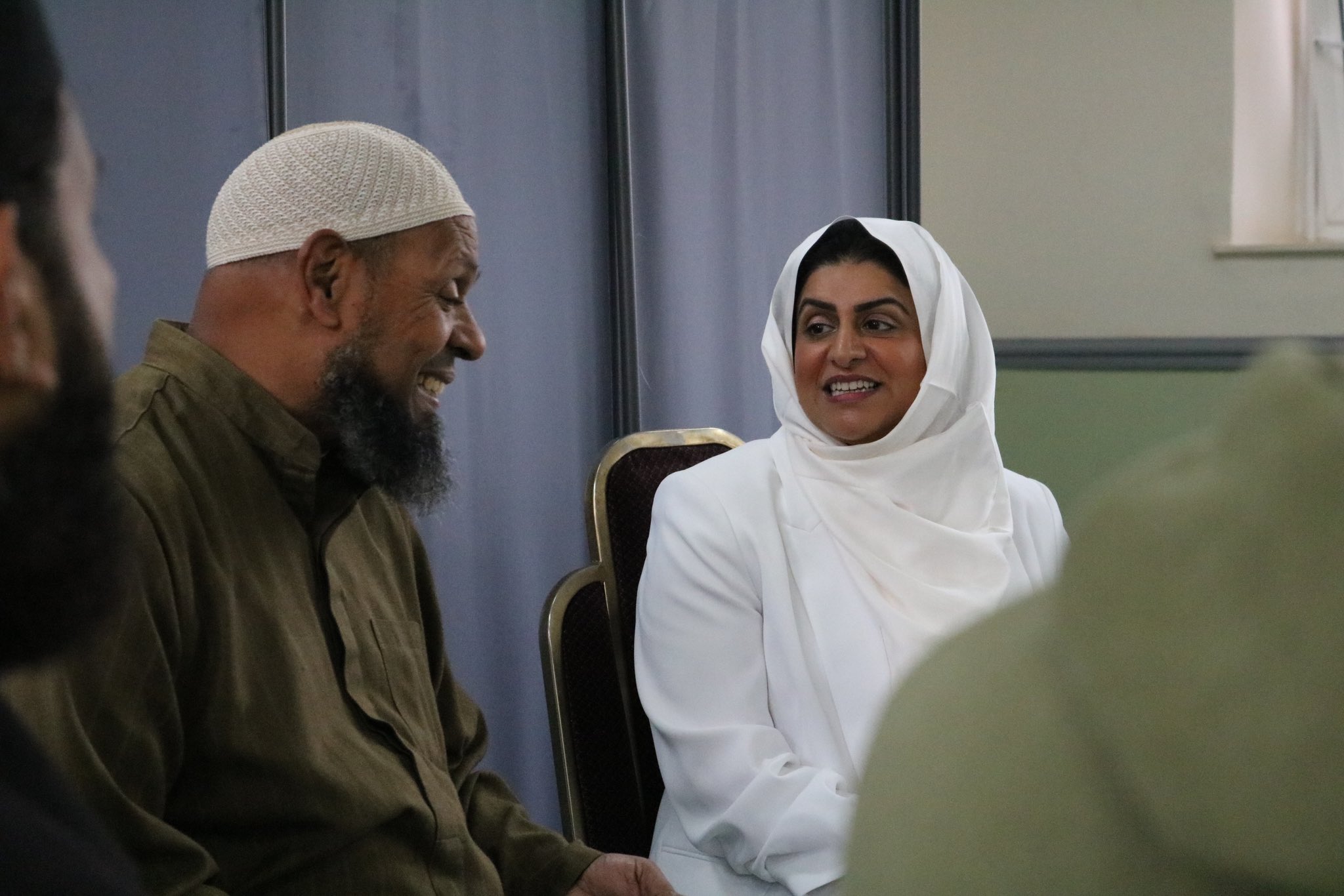
Enormous Challenges
Shabana Mahmood faces significant challenges on the domestic front, including the ongoing debates on asylum and integration policies, the rise of Islamophobia, police reform, and investigations into child sexual abuse networks.
The new Secretary adopts a firm stance on irregular migration, including stricter border controls and the deportation of undocumented migrants.
Shabana's appointment comes at a time when the issue of immigration has become increasingly prominent in the UK, particularly with Nigel Farage, leader of the far-right Reform UK party, using it to rally support for his party, which achieved unprecedented gains in the recent local elections.
Since 2018, seven successive Home Secretaries have failed to curb the influx of irregular migrants arriving on the UK's shores, especially via the English Channel.
One of the main promises of the current Labour government was to dismantle smuggling networks, but since Starmer took office, the number of arriving migrants has exceeded 50,000.
Shabana is expected to focus on strengthening tough migration policies, including reducing net migration by adjusting the criteria for work and study visas, which could reduce immigration by around 100,000 people annually.
She is also expected to introduce policies that make irregular asylum claims more difficult, facilitate the deportation of those in breach of migration laws, expedite the processing of asylum applications, and reduce the opportunities for appealing decisions.
In addition, she is expected to find alternative accommodation for asylum seekers, such as using disused military bases or other unoccupied buildings, instead of hotels, which have recently sparked widespread protests across the country.
Shabana recently threatened to suspend issuing visas to countries that refuse to sign agreements for the repatriation of irregular immigrants.
“Protecting the UK border is my priority as home secretary and I will explore all options to restore order to our immigration system,” she said.
Shabana also sparked debate with comments linking the English flag to the far-right English Defence League (EDL).
“The people you see holding the English flag most of the time down my neck of the woods are the EDL, and they are white, they are male, and they are bad people,” she said.
The English flag, a symbol of national pride, is tied in her view to EDL protests in her diverse constituency.
Critics, including Conservatives, call the remarks divisive, while her allies argue they reflect local realities.

A Pro-Palestinian
Shabana Mahmood has not been immune to political controversy in recent years.
She has repeatedly expressed her unwavering support for Palestinian rights, and is a member of the ‘Friends of Palestine and the Middle East’ group within the Labour Party, though she believes that acts of violence do not serve the Palestinian cause.
She has participated in pro-Palestine events since 2010, criticized Israeli annexation plans, and condemned the Israeli attack on the Turkish Freedom Flotilla.
In 2014, she participated in a protest against Sainsbury's supermarket in support of the Boycott, Divestment and Sanctions (BDS) movement, which drew criticism from some Jewish groups, but this did not hinder her advancement within the Labour Party.
With her long political career, Shabana has begun to demonstrate a balance between supporting Palestinians and the need to maintain good relations with “Israel”.
In more recent years, her record has come under scrutiny from supporters of Palestinian rights and justice.
Following the events of October 7, 2023, she condemned Hamas's actions but emphasized that international law must always be respected by all parties, stressing that “Israel” must ensure access to food, water, electricity, and medicine for the people of Gaza.
She abstained on a key vote in November 2023, brought forward by the Scottish National Party, which called for a ceasefire in Gaza, although she later signed a similar petition in February 2024.
She stood by the leadership of the Labour Party as it came under increasing pressure from within the party to take a stronger stance against Israeli actions.
This stance sparked protests against her in Birmingham and led to the formation of the ‘We Will Not Forget Gaza’ party, which ran against her in the 2024 election, resulting in an unprecedented reduction in her majority.
It should also be noted that MP Shabana was not recorded as voting either for or against the ban on ‘Palestine Action’, as she was either absent from the session or abstained from voting.
Last July, Shabana called on Starmer to recognize the State of Palestine, arguing that this would send a strong message to the Israeli government and support the peace process.
After taking up her new position, she pledged to be tough on banned groups, such as ‘Palestine Action’, which was designated a terrorist organization in July 2022.
One observer in London commented: “Shabana represents a new generation of Muslim politicians in Britain, but she will now be put to the test to see how well she can reconcile her beliefs with the demands of her position.”
Shabana's appointment did not go without controversy. The far-right activist Tommy Robinson launched an attack on her on X, describing her as a radical Islamist activist, and called on Washington to stop sharing security information with London.
The controversial far-right American activist Laura Loomer also escalated her rhetoric against Starmer's government, accusing him of treason.
She cited previous statements attributed to Shabana about the centrality of Islam in her life, her stance on “Israel”, and her participation in pro-Palestine demonstrations, claiming that her appointment to the Home Office threatens the entire Western national security.
“We must stop sharing intelligence through the Five Eyes alliance, because continued sharing of information by Washington with London could pose a serious security threat to the U.S. itself,” she added.

Political Career
Shabana Mahmood was born in Birmingham on September 17, 1980, to parents who had immigrated from Pakistani Kashmir.
She spent part of her childhood in the UK and Saudi Arabia, before attending Lincoln College at the University of Oxford to study law.
After graduating, she qualified as a barrister specializing in professional negligence cases.
She was elected as a Member of Parliament for Birmingham Ladywood in 2010, becoming one of the first Muslim females in the UK Parliament.
She quickly established herself within the Labour Party thanks to her extensive legal knowledge and ability to manage complex issues.
She served as the Shadow Treasury spokesperson under Ed Miliband from 2010 to 2015, and briefly held the position of Shadow Chief Secretary to the Treasury in 2015.
In 2015, she briefly held the position of Shadow Chief Secretary to the Treasury before resigning following disagreements with Jeremy Corbyn, and later joined the Labour Party's National Executive Committee.
She retained her parliamentary seat in the 2017 election with over 80% of the vote, and was re-elected in 2019.
In May 2021, she joined Keir Starmer's Shadow Cabinet as the Labour Party's National Campaign Coordinator, overseeing the party's victory in the Batley and Spen by-election.
She held several positions in the shadow cabinet, including Higher Education Secretary and Chancellor of the Exchequer.
During her tenure as Shadow Justice Secretary, she spearheaded reforms aimed at reducing overcrowding in prisons, including early release programs and a plan to build four new prisons by 2031.
She also championed legislation related to human rights and the integrity of the justice system.
She gained a reputation for decisiveness when she rejected judicial guidelines that had called on judges to consider the social background of offenders when determining sentences.
She officially became Minister of Justice after the Labour Party won the general election in July 2024, a position she held until September 5, 2025, before being appointed Home Secretary following a recent cabinet reshuffle.

For his part, London-based lawyer Bassam Tablieh explained to Al-Estiklal that “it is well known that the Home Office is not like other ministries; it is always under intense scrutiny from the media and the public, and is often described as a graveyard for politicians due to the complex issues it deals with.”
“Today, Shabana has entered history, but simply making history is not enough. She must prove that she can achieve real results in order to become a symbol of reform; otherwise, she will be just another victim, like her predecessors,” he added.
He pointed out that “the real test for the new Home Secretary is her ability to strike a balance between a humane approach that upholds the rights of immigrants and refugees, and a strict policy that satisfies the UK electorate, who are concerned about the rising number of arrivals.”



